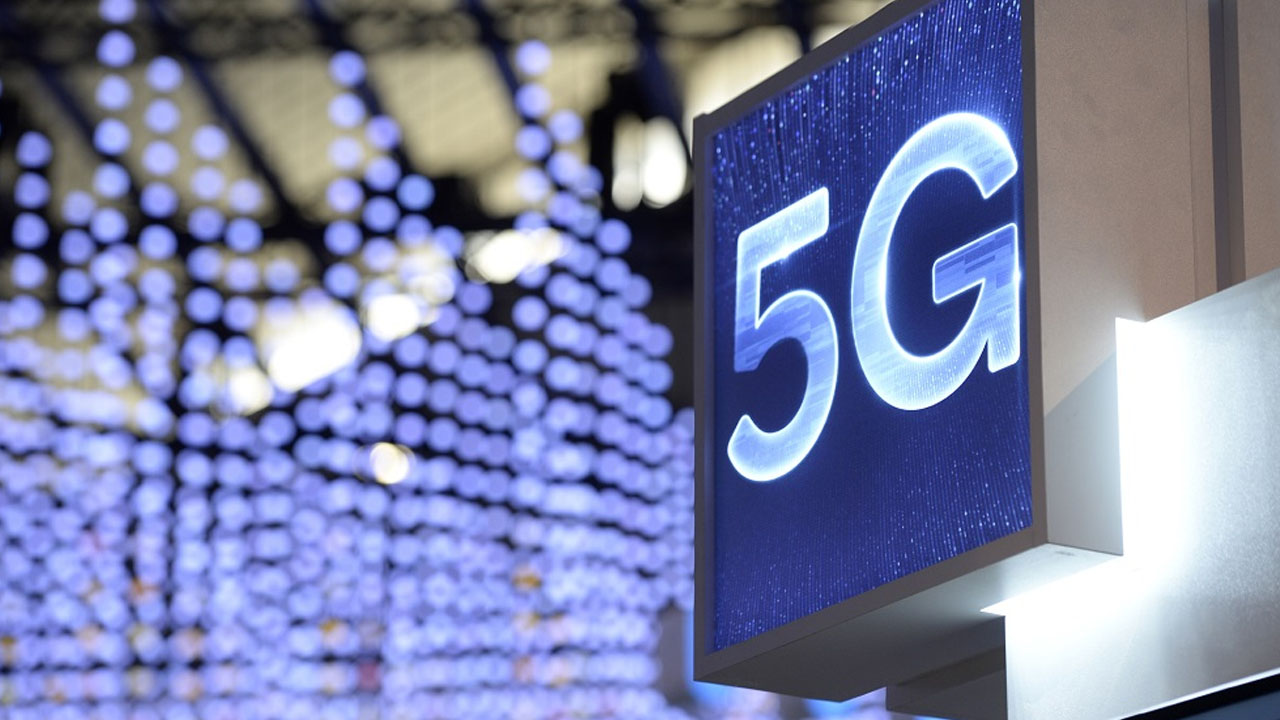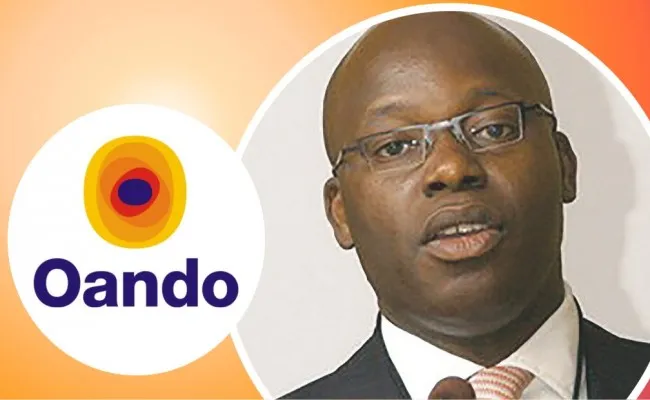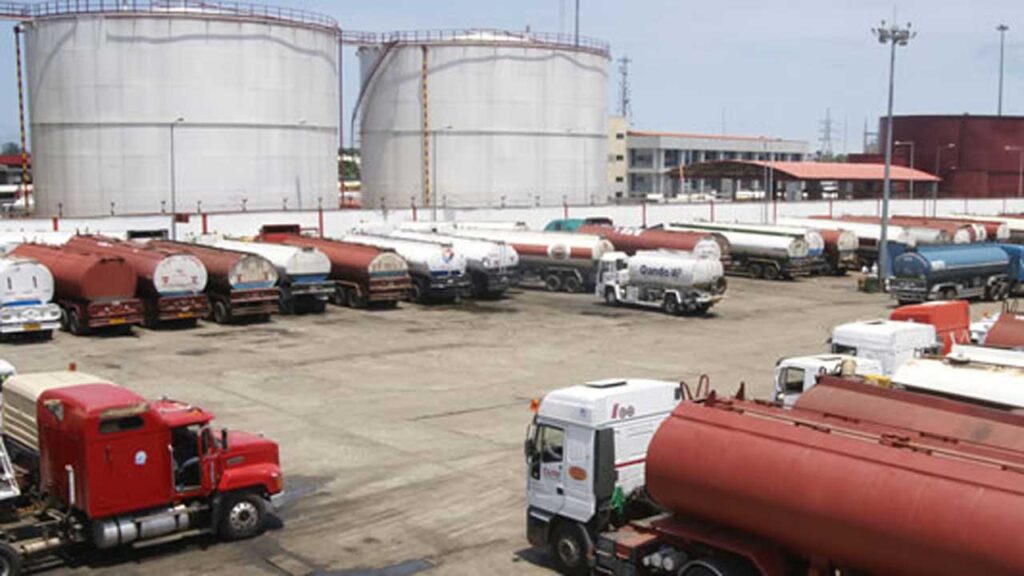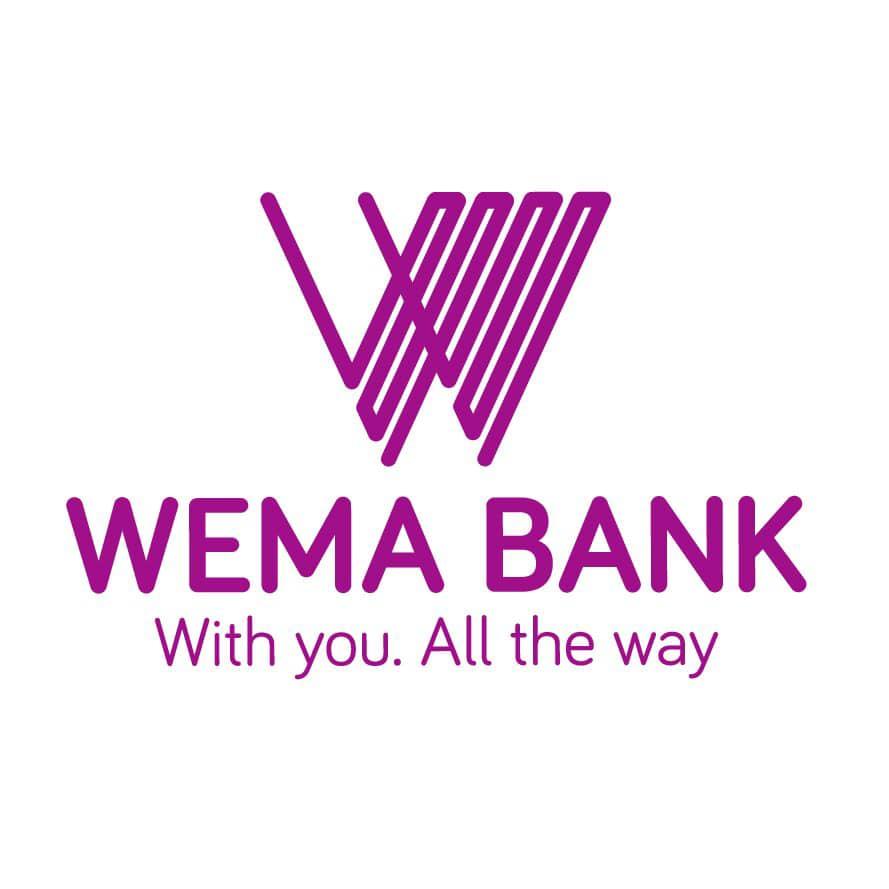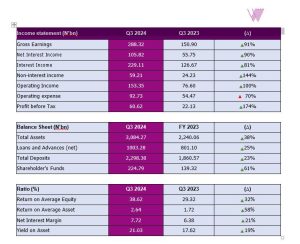The Federal Government could get temporary relief from its revenue challenges if Mafab Communications meets the February 24 deadline for the payment of the $273.6 million (N113.5 billion) 5G-auction fee, as an additional $557.2 million (N231.2 billion) would have been remitted to government’s coffers from the licensing regime.
While it has been confirmed that MTN made payment for the licence since January, nothing concrete has been heard of Mafab Communications in terms of payment, apart from the initial $20 million deposit financial commitment as a winner as required by the Information Memorandum for the 3.5GHz auction.
Nigeria’s current borrowing is put at N38 trillion as of the end of Q3 2021 amid concerns about rising deficits and rising borrowing costs.
While the $557.2 million expected from spectrum fees appeared not appropriated for in the 2022 budget, such earnings, however, become an additional income to the Federal Government.
However, on December 8, 2021, the Executive Vice Chairman of the Nigerian Communication Commission, Prof. Umar Danbatta, said that the Commission proposed to generate N632.39 billion in 2022 from the sale of 5G spectrum to telecommunications firms, among other revenue sources, including fines.
Danbatta stated this when he appeared before the National Assembly joint committee on Communications to defend his commission’s 2022 budget proposal.
Both MTN and Mafab Communications emerged winners of the December 13, 2021 auction exercise conducted by the NCC in conjunction with the Ministry of Communications and Digital Economy and were to pay $273.6 million each. MTN, as the highest bidder, would pay an additional $15,900,000 to pick the first lot in the 3500MHz-3600MHz to emerge as the first preferred bid winner.
Mafab is to raise $350 million via equity to finance the spectrum licence cost and other associated project costs.
Mafab Communications is an indigenous company incorporated in 2020 and licensed to provide and operate local interconnect and international carrier services. The company is currently a subsidiary of Althani Group of Companies Limited, a company established 15 years ago with a yearly turnover of over $450 million.
The company also holds an operational interest in the banking, insurance, hospitality and telecommunication spheres of the Nigerian economy.
According to the information gathered, Mafab Communications has set a five-year target, which would see it deploy into over 6,000 sites in the country. In the first year of deployment, Mafab is targeting 1.5 million subscriber growth from 1000 sites rollout; to increase to three million from 3000 sites by year two.
By the third year, the firm is looking at 4000 sites and five million customers; the fourth year would see 5000 site rollouts, six million users and by the fifth year, site rollout should have increased to 6000 and a subscription base of 7.5 million.
MTN is said to have transferred the balance of $253.6 million to the Federal Government’s Consolidated Revenue Account, which sits with the Central Bank of Nigeria.
Earnings from licenses and spectrum fees from the NCC have boosted Federal Government’s earnings in the last few years.
In August 2021, NCC had disclosed it exceeded its N36 billion-projected revenue from spectrum license fees for 2021, having recorded over N150 billion from this revenue source within the five months of the year.
The figure, according to the Commission, represented over 400 per cent increase in revenue budget performance in respect of spectrum fees generated by the Commission between January 1 and May 31, 2021, reflecting a significant contribution to the revenue drive of the Federal Government.
NCC, however, stated that the N150 billion spectrum revenue achieved in the first half of the year has been remitted to the Federal Government in line with the provisions of the Nigerian Communications Act (NCA), 2003, which mandates it to remit proceeds from spectrum resources wholly into the government’s Consolidated Revenue Fund (CRF).
On August 23, 2021, it was also revealed that NCC generated N208 billion in the last half of the year 2019 and the full year of 2020.
Speaking on the development recently in Abuja, the Minister of Communications and Digital Economy, Prof. Isa Pantami, said the Information Communication Technology (ICT) sector will increase its contributions to the country’s revenue, to boost the country’s Gross Domestic Product (GDP).
According to the minister, “Through spectrum sale from National Frequency Management Council assigned to the Nigerian Communications Commission (NCC), within two years, we remitted over N358 billion. The earnings of small mobile operators that we remitted to the Federal Government, through the Federal Inland Revenue Service (FIRS), is over N601 billion. Through capacity building and other government expenditure within the sector, the sector generated over N90 billion.”
Pantami, who emphasised the importance of ICT to the growth of the country’s economy, noted that ICT remained the fastest growing industry, saying that it was critical to driving infrastructure development.
The Federal Government has officially handed over the spectrum allocation for 5G deployment in the country to the NCC.
Pantami, who also wears the hat of the Chairman, National Frequency Management Council (NFMC), presented the official document on the 3.5GHz spectrum allocation to the Commission at a public event in Abuja last Thursday.
The 5G spectrum allocation document was received by the Chairman, NCC Board of Commissioners, Prof. Adeolu Akande, and Danbatta, on behalf of the Commission.
Pantami stated that the NFMC, which he chairs, has the responsibility for managing the allocation of commercial and non-commercial spectrum resources in the country while the NCC is facilitating the deployment of spectrum in the country. Hence, the Council decided to allocate the assigned spectrum for 5G network to the NCC to enable it assign the same to winners of the 3.5GHz spectrum auction.
Pantami also stated that the 5G network, when deployed, will bring a lot of benefits and opportunities that will engender accelerated growth and smart living in the country. He asserted that the technology will bring substantial network improvements, including higher connection speed, mobility and capacity, as well as low-latency capabilities.

 News3 years ago
News3 years ago
 Entertainment3 years ago
Entertainment3 years ago
 Privacy3 years ago
Privacy3 years ago
 News3 years ago
News3 years ago
 Sports3 years ago
Sports3 years ago
 Entertainment3 years ago
Entertainment3 years ago
 News4 years ago
News4 years ago
 Opinion3 years ago
Opinion3 years ago
